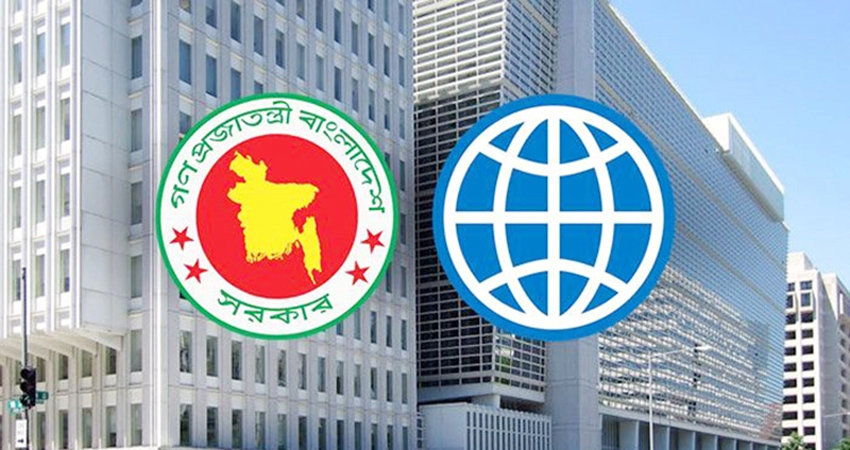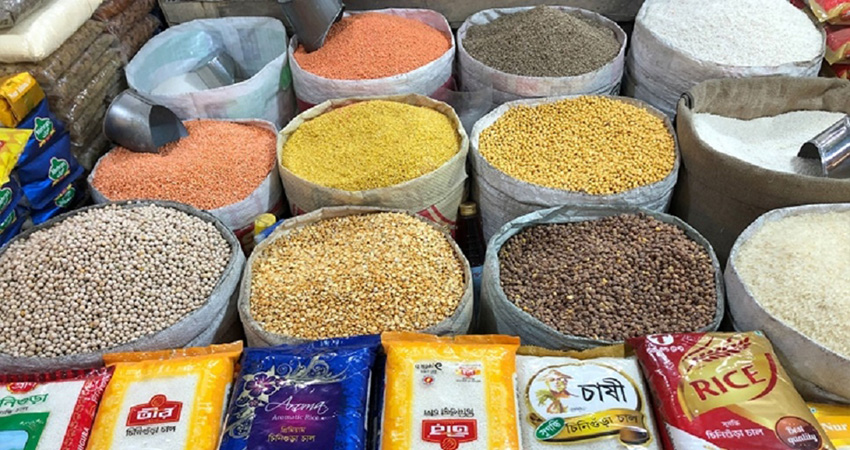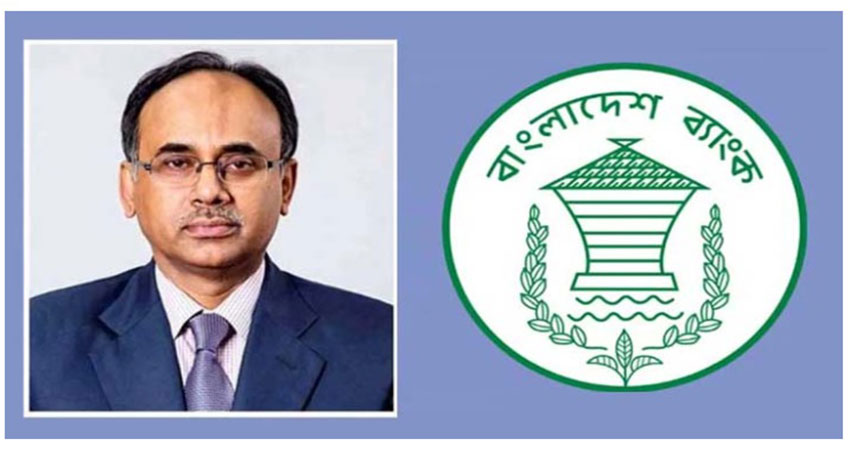The World Bank has revised down the GDP growth forecast for Bangladesh to 6.1% for the current fiscal year, which is significantly lower than the Asian Development Bank (ADB) set projection of 6.6%.
On Thursday (6 October), the global lender released its latest South Asia Economic Focus titled "Coping with Shocks: Migration and the Road to Resilience".
The World Bank lowered its projection by 0.6 percentage points following a 6.7% forecast in April and June this year.
However, the global agency raised the projection for Bangladesh to 6.2% for FY23-24.
Previous projection by the World Bank for the next fiscal was 5.4% and now it has increased the growth rate by 0.8 percentage points.
Meanwhile, the Bangladesh government set a target to achieve 7.5% GDP growth in the current fiscal year, which is 1.4 percentage points higher than the World Bank projection.
According to the World Bank release, higher inflation and rolling electricity blackouts dampen Bangladesh's post Covid recovery in consumption and investment. The lack of reliable high-frequency indicators creates difficulties for policy makers to track economic developments.
The global lender also said, "Higher inflation may dampen private consumption growth, following substantial energy price increases.
"Export growth is expected to slow, as economic conditions in key export markets deteriorate, while rolling blackouts, gas rationing, and rising input costs weigh on manufacturing output."
The World Bank also projected the average growth for the South Asian region to 5.8% this year - a downward revision of 1 percentage point from the forecast made in June. This follows growth of 7.8% in 2021, when most countries were rebounding from the pandemic slump.
"Beset with Sri Lanka's economic crisis, Pakistan's catastrophic floods, a global slowdown, and impacts of the war in Ukraine, South Asia faces an unprecedented combination of shocks on top of the lingering scars of the Covid-19 pandemic. Growth in the region is dampening," says the World Bank in its twice-a-year update, underscoring the need for countries to build resilience.



















